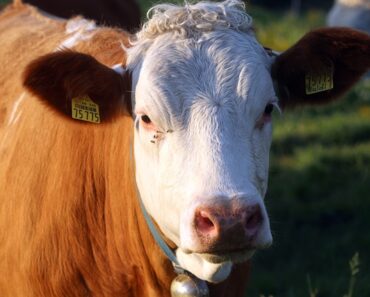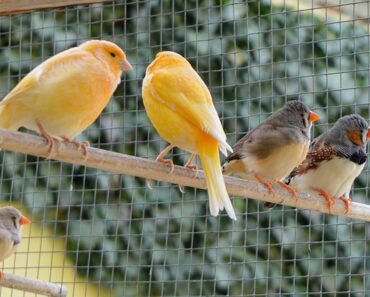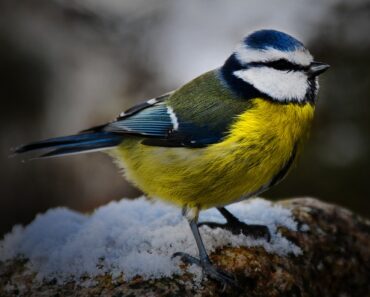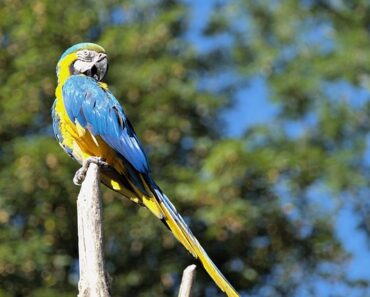Your chicken is losing her feathers and you don’t know if it’s normal? There are many reasons for feather loss. It can be a natural phenomenon, but it can also be the manifestation of diseases or deficiencies.
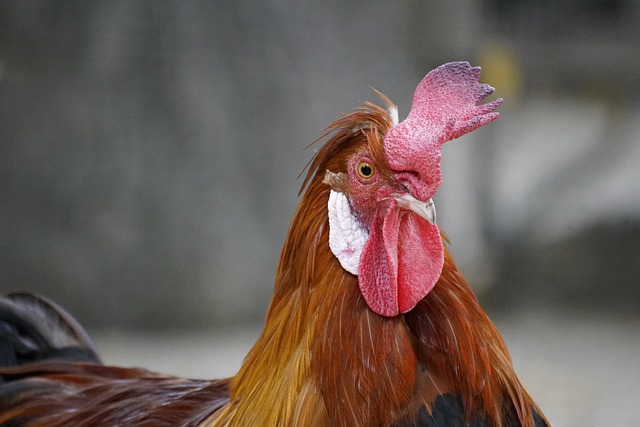
Feather loss related to the molting period
Like many animals, chickens molt. Moulting is a natural phenomenon during which feathers are renewed to face the cold. It occurs every year, just before winter.
For chickens, molting begins at 18 months of age. It usually occurs all over the body, starting with the head and neck, then spreading to the chest and abdomen, and ending with the wings and tail.
During this period, it is common for birds to appear tired and stop laying eggs. This can last from 4 to 8 weeks. To help them, you can supplement their diet to make it richer in calcium and protein.
Feather loss related to the breeding season
If feather loss is only localized on the back and occurs in the spring, it is probably related to breeding. The position of the rooster at the time of mating can cause feather loss in the area where he stands. Also, if your chicken is preparing for brooding by looking for clean, quiet places, it’s likely that breeding has taken place, so there’s nothing to worry about.
Feather loss due to parasites
Chickens can fall victim to parasites that can cause a variety of discomfort. Feather loss can be caused by some of them: mites and lice. To check if your chicken has a parasite, look at the de-feathered areas and the base of the feathers. If you find a whitish deposit, it is most likely a parasitic infection.
Some mites, invisible to the naked eye, cause depluming mange. It is highly contagious and causes deplumed areas to appear on various parts of the chicken’s body.
Chewing lice feed on feather and skin debris and live and breed on the chicken in areas that cannot be reached by the beak. They can also be red lice that live in the coop and attack the birds at night. In addition to feather loss, lice cause itching, fatigue, stress and sometimes anemia.
These parasites can be eliminated with proper treatment and thorough cleaning of the coop. It is best to intervene quickly.
Feather loss due to pecking
Feather pecking is a frequent and natural phenomenon: chickens peck themselves or their fellow chickens, sometimes plucking feathers. It can have different causes: an unbalanced diet, a lack of grass, too much promiscuity, a high temperature, or the presence of parasites. To remedy this, it is necessary to deworm if the chickens are infected and to explore different avenues related to the food, the place of living and the surface area they have. However, excessive pecking that causes wounds and heavy plucking should alert you.

